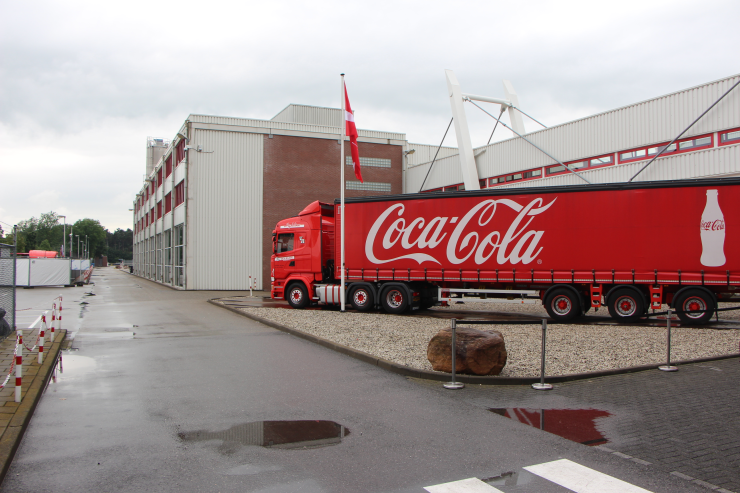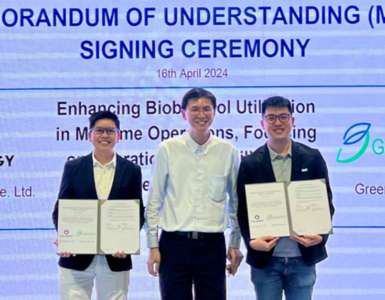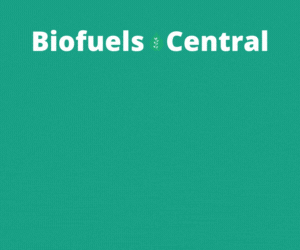Coca-Cola is the first soft drink company in the Netherlands to have all trucks run on HVO 100 biofuel.
[TTM] Coca-Cola is the first soft drink company in the Netherlands to run all trucks on biofuel HVO100. That saves up to 90 percent net CO2 emissions versus the use of fossil diesel.It concerns 50,000 trips that are driven annually for the transport of Coca-Cola, Fanta, Fuze Tea and Chaudfontaine, among others. Fossil-free transport of the products is an important step towards fully climate-neutral business operations by 2040.
HVO100 (hydrotreated vegetable oil), up to 92 percent, is made from residual flows that no longer have any other function, such as used frying fat.
🔥 What about we co-host a webinar? Let's educate, captivate, and convert the biofuels economy!
Biofuels Central is the global go-to online magazine for the biofuel market, we can help you host impactful webinars that become a global reference on your topic and are an evergreen source of leads. Click here to request more details
In addition to the reduction of CO2, this also leads to cleaner combustion than with ordinary diesel: among other things, up to 30 percent less particulate matter and 9 percent less nitrogen is released.
Steps have already been taken in the field of more sustainable and efficient transport.
Marijke Jacobs-Heefer, Associate Director Country Logistics at Coca-Cola Europacific Partners Netherlands:
On many routes, for example, we drive LHVs.
“That saves a lot of trips per year. We also switched to 30 percent biofuel with a few trucks. With the complete transition to HVO100 for the transport of all our beverages, we are building on the previous steps and taking another big step forward. Of course, it means investing, but the importance of our climate ambitions goes far.”
Coca-Cola in the Netherlands sees this as a big step forward, but not as an end station.
“At the moment, HVO100 is the most sustainable option available for our type of transport and with which we can now achieve CO2 reductions. But it doesn’t stop there, of course. We will continue to look at what other sustainable options will become available,” says Jacobs-Heefer.
The switch to biofuel is possible due to the good cooperation in the chain with the transport companies that drive for Coca-Cola Europacific Partners such as Van Rijen, Zandbergen, Snel Logistic Solutions and T-Trex.
The vast majority of the fuel comes from Neste, the world’s largest producer of renewable diesel from waste and residues.
Coca-Cola Europacific Partners will be completely climate neutral in Western Europe no later than 2040. The ambition is that the factory in Dongen will even become CO2-neutral by 2023, for example through the use of heat pumps, local green energy and electric forklift trucks.
Also, since 2021, all bottles are made from 100 percent recycled plastic, which results in a 42 percent CO2 reduction compared to virgin plastic.
READ the latest news shaping the biofuels market at Biofuels Central
Coca-Cola only runs on HVO100, February 17, 2022









1 comment